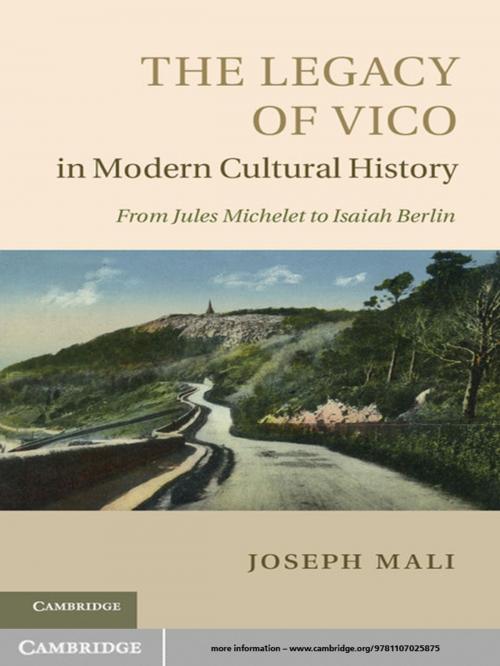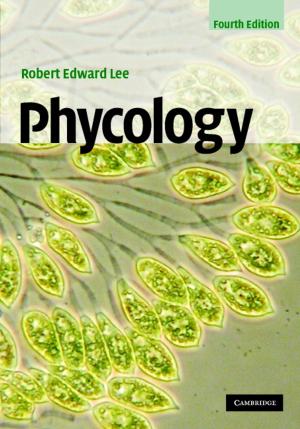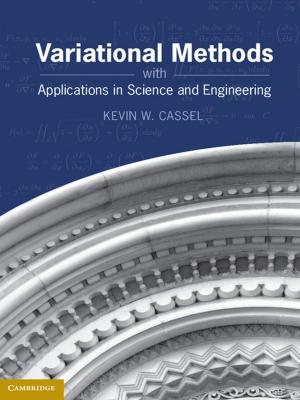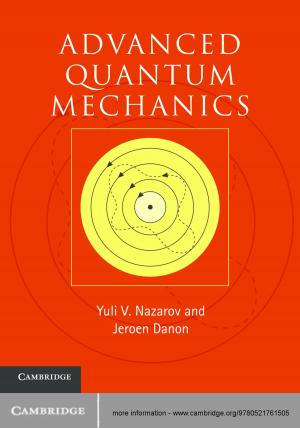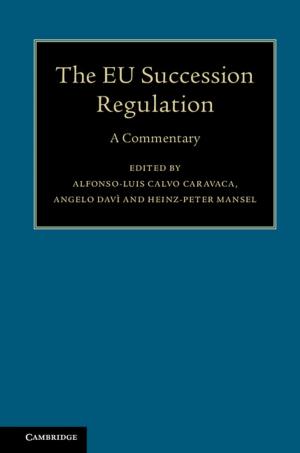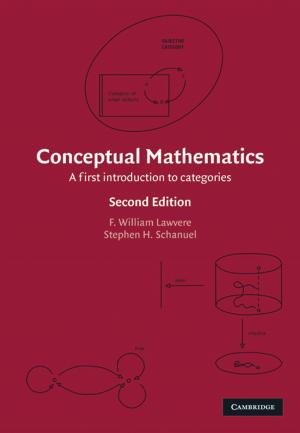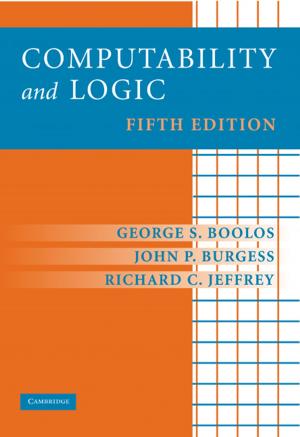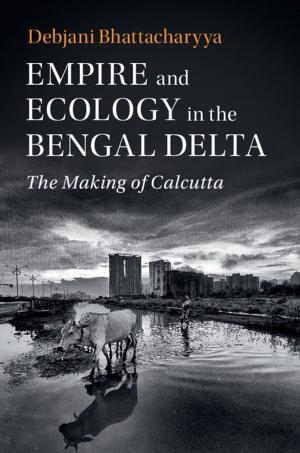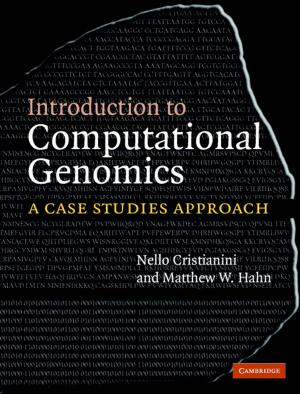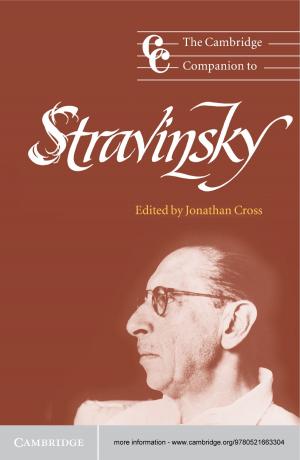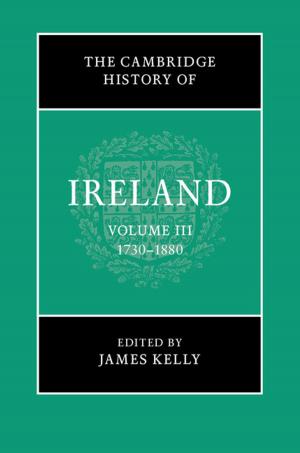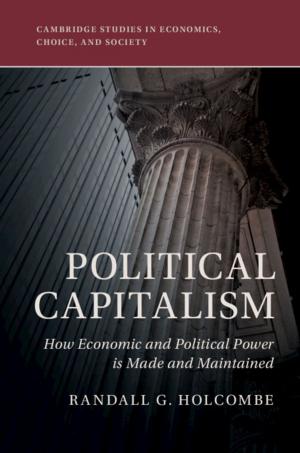The Legacy of Vico in Modern Cultural History
Nonfiction, Social & Cultural Studies, Political Science, Politics, History & Theory, Social Science, History| Author: | Joseph Mali | ISBN: | 9781139564786 |
| Publisher: | Cambridge University Press | Publication: | September 6, 2012 |
| Imprint: | Cambridge University Press | Language: | English |
| Author: | Joseph Mali |
| ISBN: | 9781139564786 |
| Publisher: | Cambridge University Press |
| Publication: | September 6, 2012 |
| Imprint: | Cambridge University Press |
| Language: | English |
In this highly original study Joseph Mali explores how four attentive and inventive readers of Giambattista Vico's New Science (1744) – the French historian Jules Michelet (1798–1874), the Irish writer James Joyce (1882–1941), the German literary scholar Erich Auerbach (1892–1957) and the English philosopher Isaiah Berlin (1909–1997) – came to find in Vico's work the inspiration for their own modern theories (or, in the case of Joyce, stories) of human life and history. Mali's reconstruction of the specific biographical and historical occasions in which these influential men of letters encountered Vico reveals how their initial impressions and interpretations of his theory of history were decisive both for their intellectual development and their major achievements in literature and thought. This new interpretation of the legacy of Vico's New Science is essential reading for all those engaged in the history of ideas and modern cultural history.
In this highly original study Joseph Mali explores how four attentive and inventive readers of Giambattista Vico's New Science (1744) – the French historian Jules Michelet (1798–1874), the Irish writer James Joyce (1882–1941), the German literary scholar Erich Auerbach (1892–1957) and the English philosopher Isaiah Berlin (1909–1997) – came to find in Vico's work the inspiration for their own modern theories (or, in the case of Joyce, stories) of human life and history. Mali's reconstruction of the specific biographical and historical occasions in which these influential men of letters encountered Vico reveals how their initial impressions and interpretations of his theory of history were decisive both for their intellectual development and their major achievements in literature and thought. This new interpretation of the legacy of Vico's New Science is essential reading for all those engaged in the history of ideas and modern cultural history.
